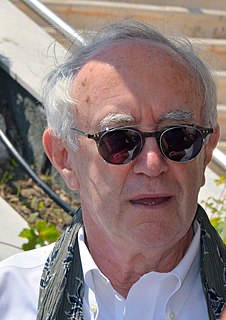A Quote by Teri Garr
I went to physical therapy, occupational therapy, voice, every kind of therapy except mental therapy - obviously!
Related Quotes
The cognitive therapy that takes place in the film Antichrist is a form of therapy that I have used for some time, and it has to do with confronting your fears. I would say that especially the part of the film that has to do with therapy is humoristic because people who know about this form of therapy would know that the character is more than a fool.




































